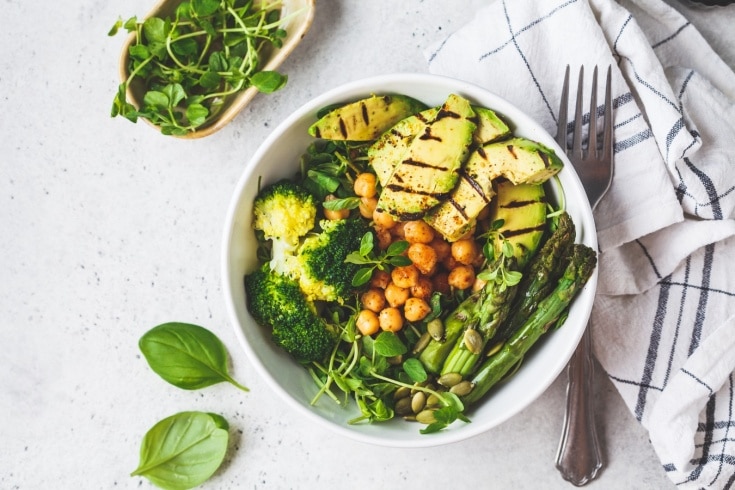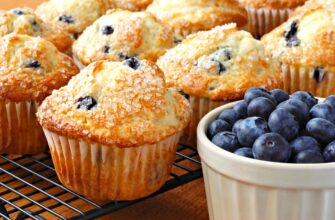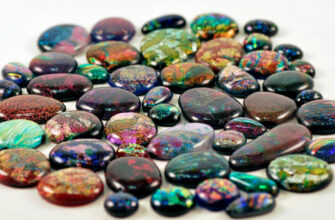
Other health benefits of keto
Actually, the ketogenic diet was first used to treat neurological conditions like epilepsy.
Recent research has demonstrated that the diet can help a wide range of medical conditions:
- Heart disease. Risk factors including body fat, HDL (good) cholesterol levels, blood pressure, and blood sugar can all be improved with the ketogenic diet.
- Cancer. Due to its potential to suppress tumor development, the diet is presently being investigated as an additional cancer therapy.
- Alzheimer’s disease. The ketogenic diet may lessen Alzheimer’s disease symptoms and halt the illness’s development.
- Epilepsy. According to studies, the ketogenic diet can significantly reduce seizures in kids with epilepsy.
- Parkinson’s disease. One study discovered that the diet assisted in reducing Parkinson’s disease symptoms, albeit additional research is required.
- Polycystic ovary syndrome. The polycystic ovarian syndrome may be significantly influenced by insulin levels, which can be decreased with the ketogenic diet.
- Brain injuries. According to certain studies, the diet could help traumatic brain injuries heal more quickly.
But bear in mind that most of this study is still in need of confirmation.
SUMMARY
A ketogenic diet may provide many health benefits, especially with metabolic, neurological, or insulin-related diseases.
Foods to avoid
Any food with a lot of carbohydrates should be avoided.
A ketogenic diet calls for the reduction or elimination of the following foods:
- sugary foods: soda, fruit juice, smoothies, cake, ice cream, candy, etc.
- grains or starches: wheat-based products, rice, pasta, cereal, etc.
- fruit: all fruit, except small portions of berries like strawberries
- beans or legumes: peas, kidney beans, lentils, chickpeas, etc.
- root vegetables and tubers: potatoes, sweet potatoes, carrots, parsnips, etc.
- low fat or diet products: low fat mayonnaise, salad dressings, and condiments
- some condiments or sauces: barbecue sauce, honey mustard, teriyaki sauce, ketchup, etc.
- unhealthy fats: processed vegetable oils, mayonnaise, etc.
- alcohol: beer, wine, liquor, mixed drinks
- sugar-free diet foods: sugar-free candies, syrups, puddings, sweeteners, desserts, etc.
SUMMARY
Avoid carb-based foods like grains, sugars, legumes, rice, potatoes, candy, juice, and even most fruits.
Foods to eat
The majority of your meals should be centered on these foods:
- meat: red meat, steak, ham, sausage, bacon, chicken, and turkey
- fatty fish: salmon, trout, tuna, and mackerel
- eggs: pastured or omega-3 whole eggs
- butter and cream: grass-fed butter and heavy cream
- cheese: unprocessed cheeses like cheddar, goat, cream, blue, or mozzarella
- nuts and seeds: almonds, walnuts, flaxseeds, pumpkin seeds, chia seeds, etc.
- healthy oils: extra virgin olive oil, coconut oil, and avocado oil
- avocados: whole avocados or freshly made guacamole
- low carb veggies: green veggies, tomatoes, onions, peppers, etc.
- condiments: salt, pepper, herbs, and spices
Your diet should mostly consist of entire, single-ingredient meals. Listed below are 44 nutritious low-carb foods.
SUMMARY
Base the majority of your diet on foods such as meat, fish, eggs, butter, nuts, healthy oils, avocados, and plenty of low carb veggies.








